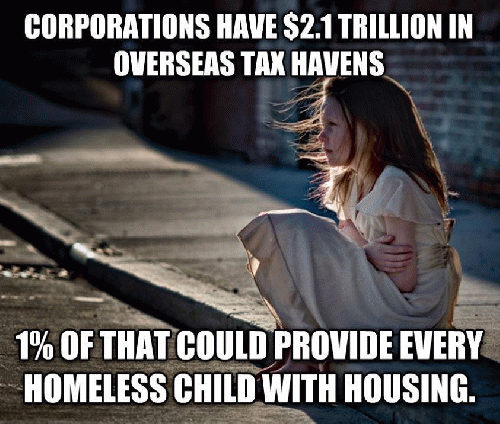"Right now we're saying this is a tax issue. Well, the issue is not only why or how he's (Mitt Romney) paying so little in taxes but more importantly, if he's honest and has nothing to hide, why in the hell is it that he's not depositing money in mom and pop banks right here in the U.S.?"Why do you send your money offshore? Why have 130 or so accounts offshore? Where does that money come from in those accounts? Why does Mitt Romney have his personal investment accounts in offshore banks? Who is invested in those accounts?... " Attorney Mike Papantonio on Ed Schultz Show, speaking of Romney's tax havens.
U.S. Corporations (or Supreme People, I guess) have stashed $2.1 trillion in offshore tax havens.
On the clearly recognizable people side, more than 30% of the world's 200 richest people, or the uber- rich, who have a 2.9 trillion collective net worth, according to Bloomberg's Billionaires index, use offshore tax havens to hide and grow their personal fortunes.
Goldfinger admires such tax haven cohorts, notwithstanding Bond's moral standings, barely shaken by martinis, which clashes with Goldfinger and Tax Haveners' worldly designs (video).
When America's middle class was growing through the forties, fifties, sixties, and seventies, tax loopholes were not huge enough to allow mega-corporations and uber- rich to stockpile their money without some of it being taxed and used for the common cake-eaters' good. During those periods, income and corporate tax rates were much higher, and during that period freshly- infrastructured America grew to be a world power, because its people were also strong--economically, morally, and logically.
In that era, CEO's considered themselves paid well when they earned 10 to 40 times what their average worker was paid.
In the seventies, you started hearing people like Milton Friedman claiming in New York Magazine that "The Social Responsibility of Business is to Increase its Profits." Guys like Arthur Laffer promoted this amoral belief that if you left the rich alone they would supply all of society's needs. Supply-side economics became the mantra. Even Fed Chair Greenspan bought into it, at least until the Crash of 2008.
Bush I correctly called it, "Voodoo economics." VD economics finally punched a hole through the prophylactic economy of Bush II, and we prostituted ourselves to mega-financers as we tottered on the brink of an Ugly Depression.
(Note: You can view every article as one long page if you sign up as an Advocate Member, or higher).





